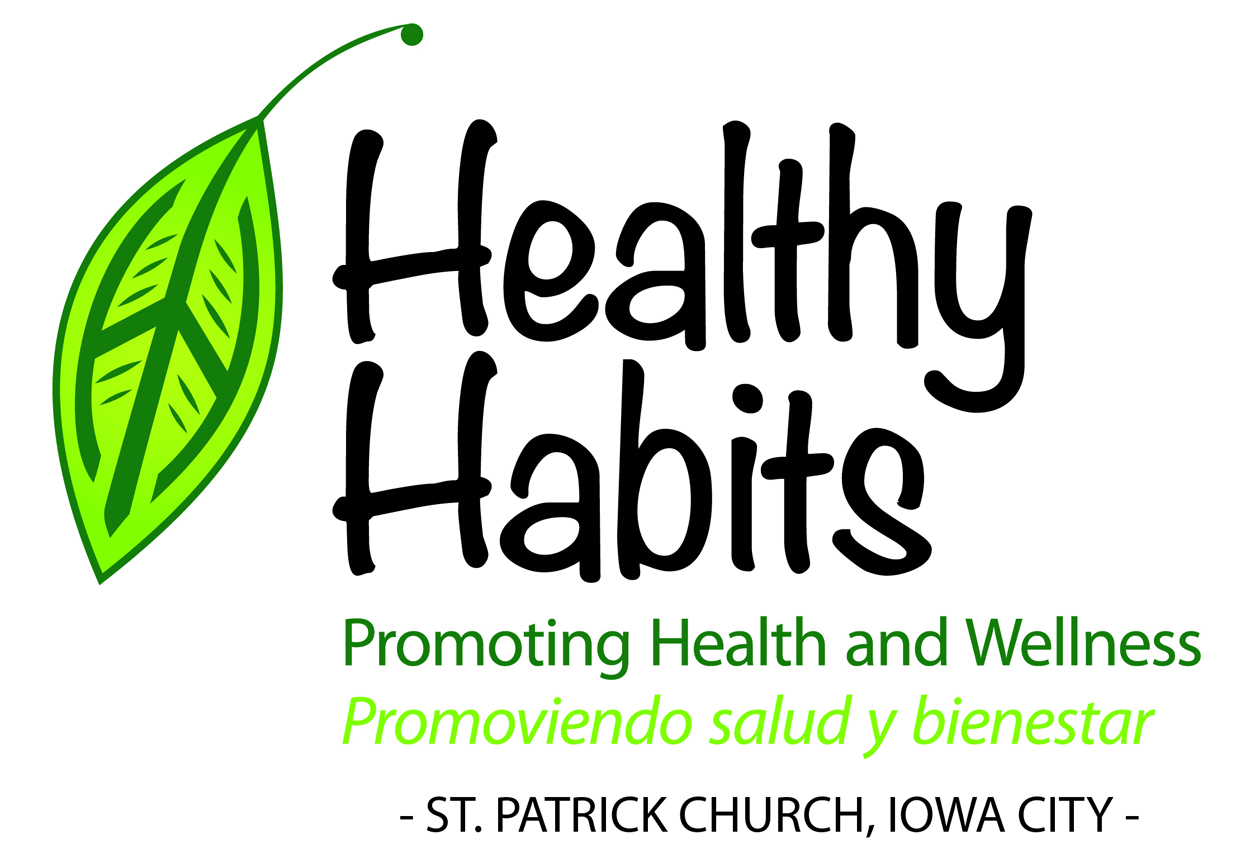
By Lindell Joseph
Listening is the ability to accurately receive and interpret messages in the communication process. Developing the ability to hone and use the five senses is important. The outcome of listening is to receive a message, understand and learn. The message may be received through our eyes, ears, nose, mouth and touch. We may be experiencing changes or symptoms, but our current environment with COVID-19 may discourage us from responding. Remember, our senses are Godly gifts to ensure our vocations, health, wellbeing and optimal functioning and point us toward a higher awareness of God’s presence in our lives:

SEEING: requires participation of the cornea, pupil, lens and then electrical signals that travel from the retina through the optic nerve to the brain, which turns the signals into the images you see. Even in the case of blindness, the brain rewires itself to enhance one’s ability to interact with the environment by enhancing hearing, taste, touch and smell.
TOUCHING: is also important to a human’s well-being. Touch can help us to sense swelling or firmness, assess tenderness and interpret our pain levels. It has also been found to convey compassion from one human to another.
HEARING: occurs through sound waves. Did you know that the inner ear is responsible for our balance?
SMELLING: humans are able to smell over 1 trillion scents. In fact, poor smelling ability in people may be a symptom of aging or of COVID-19 infection. More than 75 percent of people over the age of 80 many have major olfactory impairment. Additionally, people with schizophrenia and depression experience decreased smell.
TASTING: adults have 2,000 to 4,000 taste buds. Most of them are on the tongue, but they also line the back of the throat, the epiglottis, the nasal cavity and the esophagus. The full experience of a flavor is produced only after all of the information from the different parts of the tongue is combined, and the brain helps with the perception of taste. Smells are sent to the mouth. This is why someone with a stuffy nose may have trouble tasting food properly.
What does the Bible say about our senses and our self-responsibilities?
Scripture #1: John 20: 27 Then he said to Thomas, “Put your finger here and see my hands, and bring your hand and put it into my side, and do not be unbelieving, but believe.” Self-Responsibility: It is clear from the Scriptures that Jesus used the “sense of touch” to foster faith. Therefore, we can use touch to identify swelling, lumps and painful areas for assurance or medical follow-up.
Scripture #2: Ephesians 5:20 Giving thanks always and for everything to God the Father in the name of our Lord Jesus Christ.
Self-Responsibility: We can’t take anything for granted so we must praise God and take care of our bodies by listening. If you are feeling a change, explore further and do not procrastinate.
In conclusion, as we look toward the Lenten season, remember Romans 10:17, which states that faith comes from hearing, and hearing through the word of Christ. Therefore, we urge you to:
Pay attention; listen during the upcoming Lenten season as you engage in Lenten acts. What is God saying to you during the 40 days of Lent?
Pay attention or listen to changes in your vision, hearing, your taste buds, your ability to feel and your ability to smell. If you sense any changes, contact your physician or nurse practitioner since there may be preventative measures or treatments to embrace your gift, fulfill your vocation, ensure health and well-being.
References
https://www.mindtools.com/CommSkll/ActiveListening.htm
https://www.livescience.com/60752-human-senses.html
https://www.beckershospitalreview.com/public-health/covid-19-patients-may-not-recover-sense-of-taste-smell-after-other-symptoms-end.html
(Lindell Joseph is a nurse, professor and director of the Health Systems/Administration program at the University of Iowa College of Nursing. She is also a parishioner of St. Patrick Parish in Iowa City and a lay Carmelite.)











